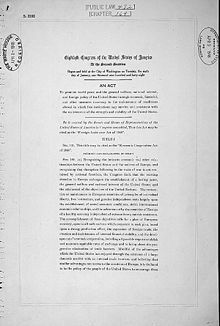Following up on one of my previous posts, I want to post regarding Glenn Greenwald's recent shilling for three Democrat Congressional candidates running for their party's nomination. Specifically, I want to comment on something he said in his opening paragraph:
"Most Congressional contests are boring and largely inconsequential; the vast bulk features certain victory by unnotable incumbents or open-seat races between Party-approved, script-reading, poll-driven, cookie-cutter challengers. But there are a few new candidates for Congress who are both genuinely exciting and viable, and thus very much worthy of attention and support."
I put the relevant statement in bold-faced type. I have to marvel at Greenwald's curiously contradictory dismissal of candidates he deems not to be viable, because here he is using his blog to do what journalists are supposed to do in elections: highlight candidates whose policy positions are relevant to the electorate, thereby providing voters with information they need to render good decisions at the ballot boxes.
Shouldn't it be voters who decide which candidates are viable by casting their ballots? How are they supposed to do that when media figures — even liberal ones — deny them information they need?
Jill Stein, Roseanne Barr, and Kent Mesplay are all running for the Green Party nomination this year, with Stein so far having won more primaries. Stewart Alexander is running on the Socialist Party ticket, Gary Johnson is running for the Libertarian Party nomination, and Rocky Anderson is running on the newly formed Justice Party. But you wouldn't know that to hear the mainstream news and blogs tell it; as far as they're concerned, these candidates aren't "viable", aren't "serious", and are therefore excluded from all discussion that isn't ridicule.
Regardless of your political views, shouldn't you as a voter determine which candidates are worthy of your ballot? Journalists have an obligation to provide all the relevant facts, including candidates for public office. When certain candidates and political parties are ignored or dismissed by the mainstream media, it becomes even more important for them to include such persons in their reporting. Deny voters the necessary information, and they cannot render fully informed decisions at the polls. This has the effect of disenfranchising voters because those voters are limited in who they are allowed to vote for, and in such circumstances the options are almost always limited to candidates who represent the polar opposite of the public interest.
I am not asking Greenwald or any other media personality to endorse any candidates they don't wish to endorse. Nor should they. But if Americans are to have any hope of using the electoral system to generate real, substantive change for the better, they deserve to have all candidates reported on objectively so that they may decide for themselves who is "viable" and who isn't.

 On this day in 1948,
On this day in 1948, 
Recent Comments